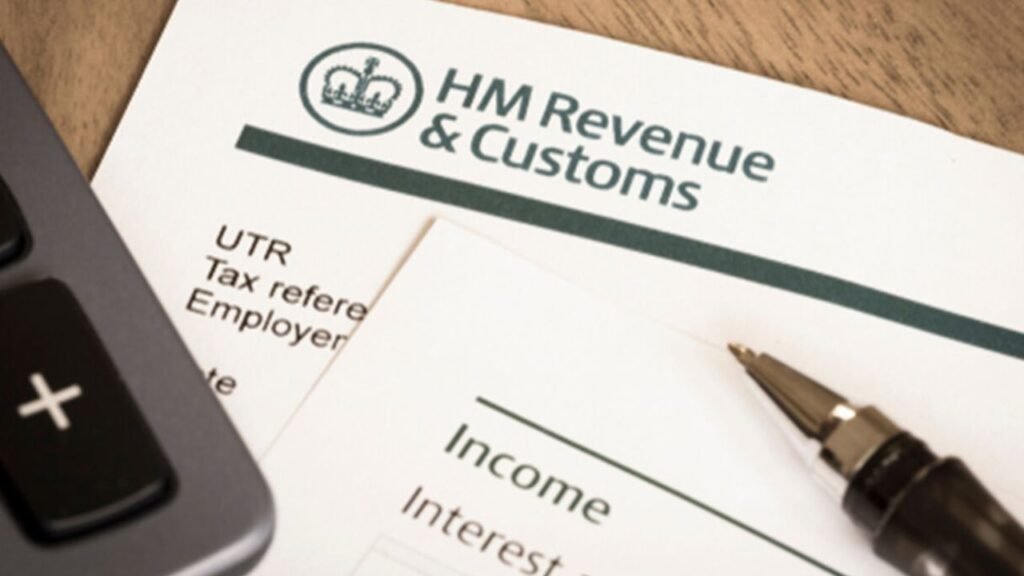As the UK steps into 2025, HMRC has released a significant update for pensioners regarding how savings and small incomes impact tax and benefit calculations. Among the key details, the spotlight is on those holding savings of around £3,000, a figure that could influence how pensions, credits, and entitlements are handled this year. For retirees living on fixed incomes, even a slight change in these rules can have a meaningful effect on monthly finances.
Why HMRC Introduced New Rules for 2025
The government regularly reviews pension and savings thresholds to keep pace with inflation and economic shifts. This year’s update focuses on ensuring transparency and fairness for those with modest savings pots. With interest rates fluctuating, even a relatively small balance can generate income that needs to be reported. The goal is to prevent any missed declarations while also making sure pensioners do not lose out on benefits they rightfully deserve.
Understanding the £3,000 Savings Impact
The updated guidelines clarify how even smaller savings amounts can play a role in calculating benefits and tax allowances. For example, pension credit applications, council tax reductions, and housing benefit assessments may now give closer attention to these balances. While £3,000 may seem like a minor amount, it could influence certain eligibility checks, making it important for pensioners to stay informed and report their income accurately.
Pension Credit and Small Savings

Pension Credit remains a crucial support for low-income retirees, but savings are always part of the calculation process. Currently, those with savings above £10,000 face assumed weekly income deductions. The good news is that with £3,000, you remain well below this threshold. However, HMRC has made it clear that even small accounts will be closely reviewed to ensure accurate entitlement calculations, which could be significant for those with slightly higher balances.
Tax-Free Savings Allowance Explained
Most pensioners will still find that their interest falls under the Personal Savings Allowance. Basic-rate taxpayers can earn up to £1,000 in interest without paying tax, while higher-rate taxpayers have a £500 allowance. Although £3,000 in savings will likely generate interest far below these limits, HMRC advises that pensioners still report all interest earned. This level of transparency helps prevent issues or penalties in the future.
Why This Update Matters
This update is not about penalizing pensioners with small savings. Instead, it emphasizes the importance of accurate reporting and ensures that every source of income, no matter how small, is considered in benefit assessments. For many retirees, these clarifications provide peace of mind, showing that modest savings will not jeopardize their eligibility for financial support.
Steps Pensioners Should Take in 2025
Staying proactive is key to avoiding any issues. Regularly checking bank statements, keeping track of interest earned, and updating details with HMRC when savings change are essential practices. Using HMRC’s online services can make the process easier, and organizations like Citizens Advice or Age UK can help those seeking free, reliable guidance to manage their finances effectively.
The Bigger Picture of Rising Costs
This update arrives at a time when many households are struggling with increasing utility bills, council taxes, and general living expenses. For pensioners, savings often serve as an important buffer against unexpected costs. By clarifying how modest amounts are treated, HMRC aims to support pensioners in managing their finances without fear of losing critical benefits.
For UK pensioners, the HMRC changes in 2025 are less about creating new challenges and more about promoting transparency and fairness. Those with £3,000 in savings are unlikely to see significant changes to their entitlements, provided they report their income accurately. For retirees navigating a tight budget, staying informed and proactive ensures they continue receiving the support they deserve while maintaining peace of mind.

